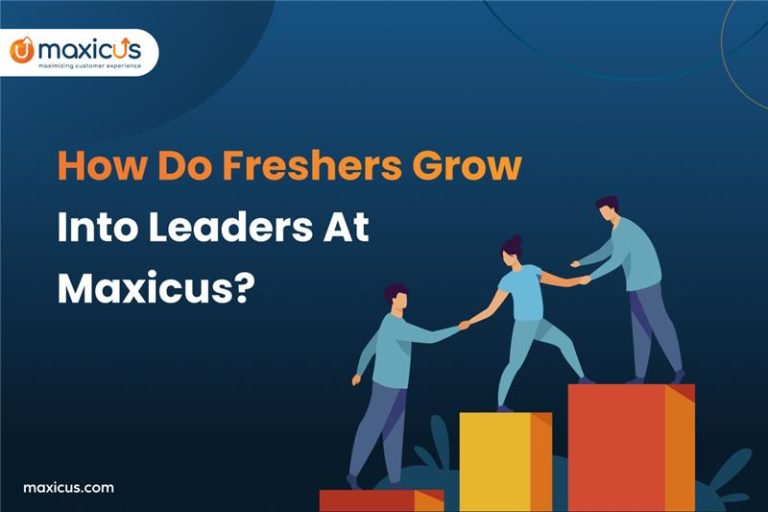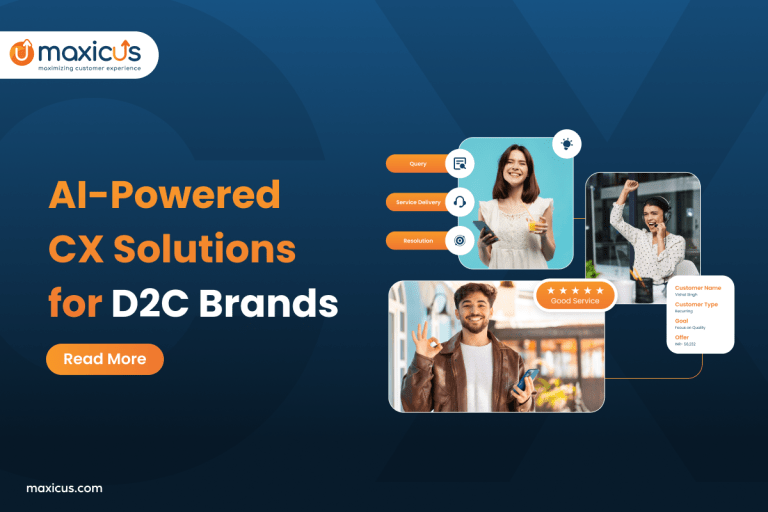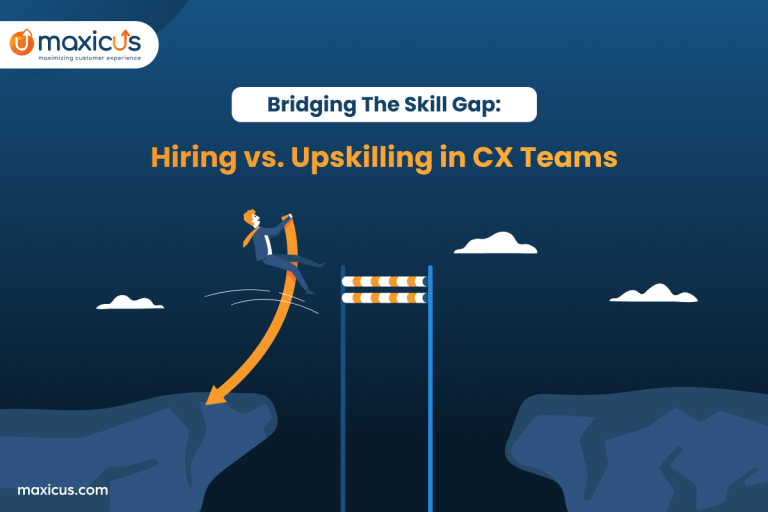Importance of LTV and Customer Experience for New-age Brands
Customer lifetime value is generally shortened to “LTV” in business terms. But what does it mean exactly?
LTV is the tentative amount of revenue that a business can expect to generate from a customer during their engagement with the brand. Simply put, it is the total value that a brand stands to derive from its customer.
What Makes LTV So Important?
The importance of LTV cannot be stated enough. The immense significance of LTV as a metric can be understood through the following reasons:
- Customer lifetime value helps to assess the financial value of each customer by attaching measurable parameters (total transactions, average transaction size, etc.), thereby quantifying them as assets
- It also represents the upper limit on the money spent to acquire new customers (or, the money spent to avoid an existing customer from leaving)
- It encourages enterprises to shift their focus to the long-term health of their customer relations rather than focusing on just quarterly profits or revenues
LTV as a metric allows organizations to calculate the estimated revenue generated by an individual customer or customer segment over a specific amount of time. LTV gives brands an accurate gauge on what each consumer is worth to the brand and thus helps those brands steer campaigns and engage in conversations to hone their message and maximize conversions.
How LTV Ties In With Customer Experience?
Customer experience has become a defining trait that acts as a key differentiator between multiple brands operating in the same domain. Customer experience is not just influenced by the quality of the product or the service that one delivers. Rather, it is even more critical to be mindful about how an enterprise interacts with the customer throughout their journey. It does not matter whether it’s a small or a large enterprise; customer service constitutes a big part of the customer experience. And, the better the customer experience, the better the lifetime value that the customer will generate.
The Outsourcing Edge
Enterprises can bring onboard customer experience experts and outsource their processes in order to seamlessly engage their customers. Enterprises can collaborate with their business process outsourcing partner and design their contact centers to deliver a true omnichannel experience to their customers.
Today’s marketplace is rapidly going digital, thanks to a tech-savvy and mobile customer base. The modern customer is no longer willing to tolerate long waits, slow response times, or poor service. Changing customer expectations, mobility, and social media are three big trends that are influencing the customer experience.
If you think you’ll have plenty of time to get it right because you’re a beloved brand, think again.
Imagine losing one-quarter of your customers in one single day. For good. Because that’s exactly what could happen after just one bad customer experience. In the US, even when people love a company or a product, 59% will walk away after several bad experiences, 17% after just one bad experience.
Unlock the Full Potential of Outsourcing with Our Expert Checklist Guide!
Bring a Physical + Digital Edge with Phygital
Maxicus Phygital is here to take your customer experience to the next level. Take your brand store online without losing the in-person touch of an offline store. Phygital, our flagship offering, can help your products reach a greater audience, deliver a superlative experience throughout the customer journey, and enhance your customer lifetime value.
Get introduced to the world of V-commerce and notice what a significant difference it can make to boost the online shopping experience. Connect with our team of experts and book your demo now.










